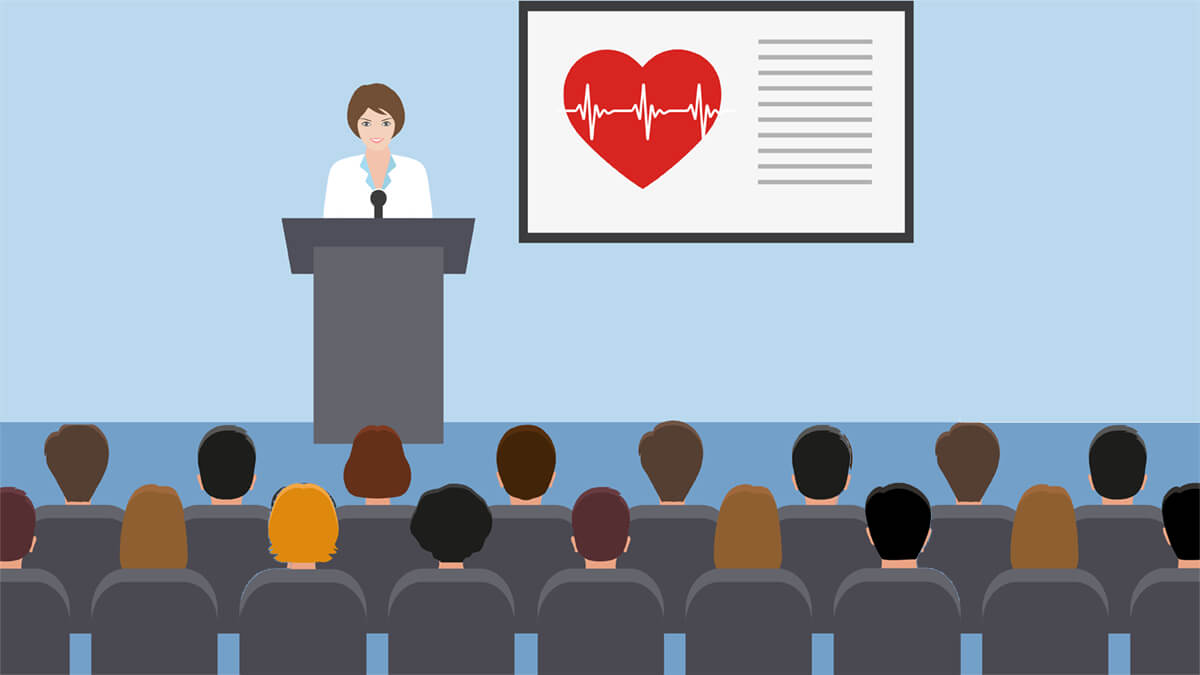When someone mentions healthcare, you probably think about doctors, nurses, and even insurance companies first. But medical professionals are just one part of the larger health system. In fact, some of the most important work is done by public health professionals. And on the front line of public health are community health workers.
What Is a Community Health Worker?
A community health worker is someone who works with communities and the individuals within those communities to improve health and well-being. Community health workers tend to be from or have ties to the community they serve, which gives them unique insights into community needs and allows them to forge strong relationships with individuals and community leaders.
What Kinds of Communities Do Community Health Workers Serve?
Community health workers exist in all types of communities, including rural towns, urban neighborhoods, Native American reservations, and everywhere in between. The one thing these communities have in common is that most are underprivileged and underserved, with limited access to healthcare and resources in general.
What Roles Do Community Health Workers Fill?
Community health workers take on a lot of different roles within a community, helping to fill the gaps between individuals and the public services and medical care those individuals need to remain healthy. Depending on the specific needs of a community, community health workers can:
- Educate individuals on how to qualify for and use public service programs.
- Help initiate and maintain communications between individuals and the local, state, and federal healthcare and social service systems.
- Help individuals understand their healthcare needs and how to improve their health and well-being.
- Offer culturally appropriate seminars, literature, health fairs, etc., that educate the community on important health topics.
- Provide basic health services such as blood pressure monitoring.
- Work with the healthcare and social service systems to improve their responsiveness to and cultural understanding of the community.
- Collect health and wellness data and provide it to service providers and policymakers.
- Provide translation and interpretation services for non-English speakers who are using the healthcare and public service systems.
How Can You Learn More About Community Health?
If you’re considering starting or advancing a community health career, one of the best choices you can make is to earn a health education and promotion degree. And one of the best degrees for health education professionals is the MS in Health Education and Promotion (MSHEP).
In an MSHEP program, you can gain the knowledge you need to address myriad public health issues, help design health communications and preventative programs, and effectively help prevent illness. And thanks to online education, you can enroll in some of the best health education and promotion programs without upending your life. That’s because when you earn your MS in Health Education and Promotion degree online, you can complete your coursework from home at a time of day that works best with your schedule. This allows you to complete your health education and promotion degree program while continuing to work full time and/or handling other responsibilities.
Community health is an integral part of the overall healthcare system. Thanks to online learning, you can complete a health education graduate program and put yourself in position to become a community health leader.
Walden University is an accredited institution offering an MS in Health Education and Promotion degree program online. Expand your career options and earn your degree using a convenient, flexible learning platform that fits your busy life.
Walden University is accredited by The Higher Learning Commission, www.hlcommission.org.




